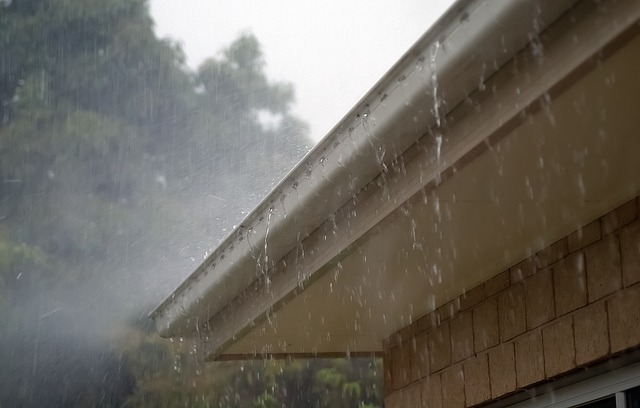One of the biggest issues the world is facing today is a reducing supply of clean water. For those that are concerned about having access to water, collecting their own rainwater often seems like a natural choice. Before starting to collect your own rainwater, it is important to consider the legality of collecting rainwater as there are many laws to protect the environment that can restrict rainwater collection.
1. State Specific Laws
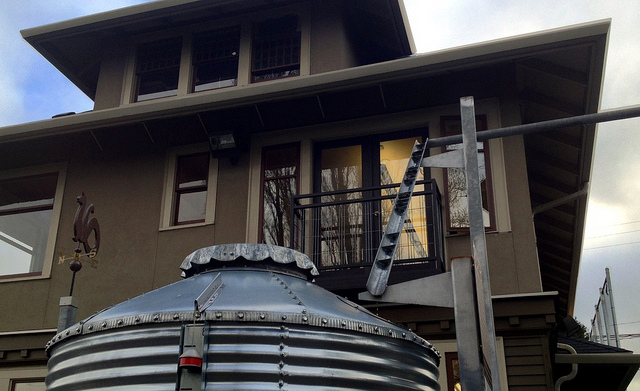
When you are considering collecting rainwater, it is important to consider your state specific laws. Currently, almost all 50 states have some form of regulation in place that governs rain water.
It is important to make sure that you are aware of your state’s laws. Violation of these laws could lead to severe fines and other penalties such as termination of employment contracts.
2. Quantity
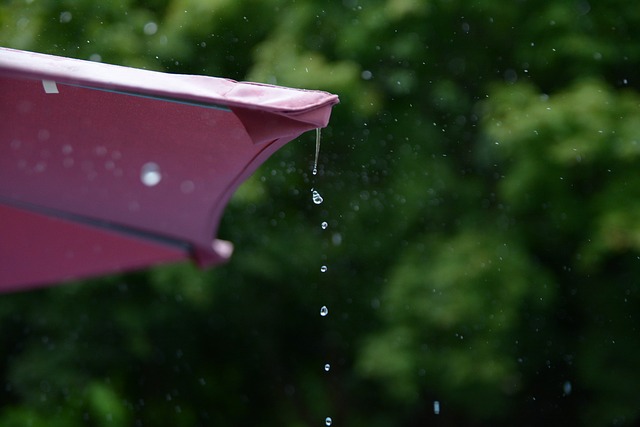
One of the rules that you need to stay in compliance with is the amount of rainwater that you can collect. Depending on where you live, taking too much water from the natural water sources can be illegal.
For example, in the state of Colorado, you are restricted to the amount of rainwater you can collect on a daily basis. This will help to ensure that people do not end up taking too much from the natural water reservoirs.
3. Storage
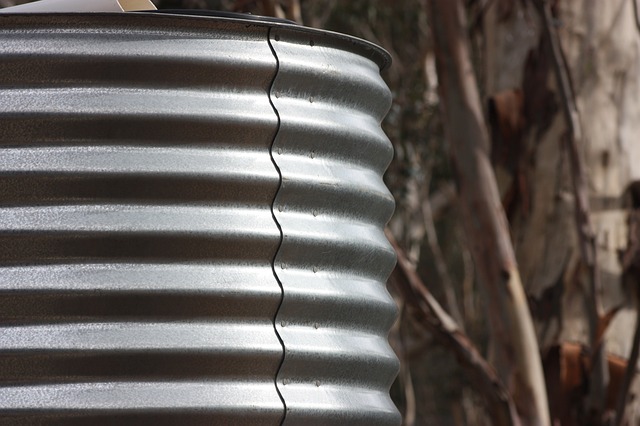
When it comes to rainwater, another concern that people should have is about how they store the water once it has been collected. To ensure that it is being stored properly, there are a variety of state and local laws in place all over the country that ensure the water is being stored safely.
In many cases, you will be required to build a well or other device that can store the water in a safe and clean manner. This will ensure that it is safe for you to drink after it has been situated for a period of time.
4. Use of Rainwater
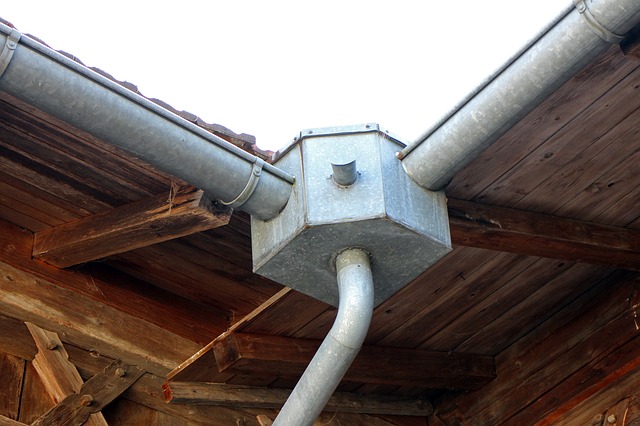
While most states allow people to collect rainwater, there is normally a restriction on how it is used. For the most part, you are only able to use the rainwater for personal purposes and personal consumption.
This means that you can use your own collected water for drinking, bathing, cooking, or cleaning. However, you may be restricted from using it for commercial purposes. For example, if you are a farmer or produce a product that uses water as a base, you may be completely restricted from using water that you collect.
5. Sale is Prohibited
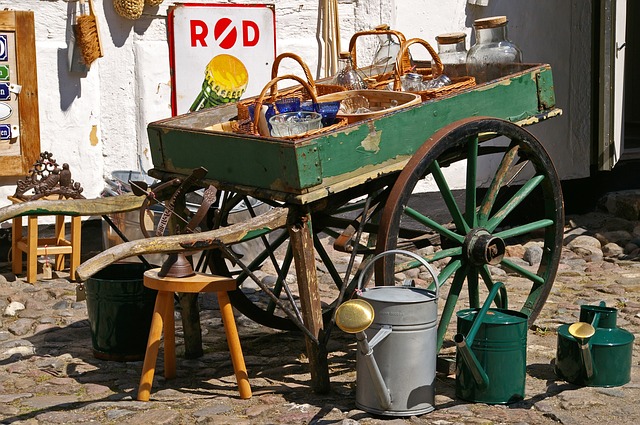
Finally, one of the most common restrictions in place regarding rainwater is the overall prohibition of a sale of the rainwater. While you can collect and use your own, there is almost no situation in which you are legally able to sell your own water. This is because there is a lot of health risks associated with natural water.
If it is not properly filtered and cleaned, those that drink it could end up being sick. Those that would like to sell rainwater will need to go through a formal process to be approved.

